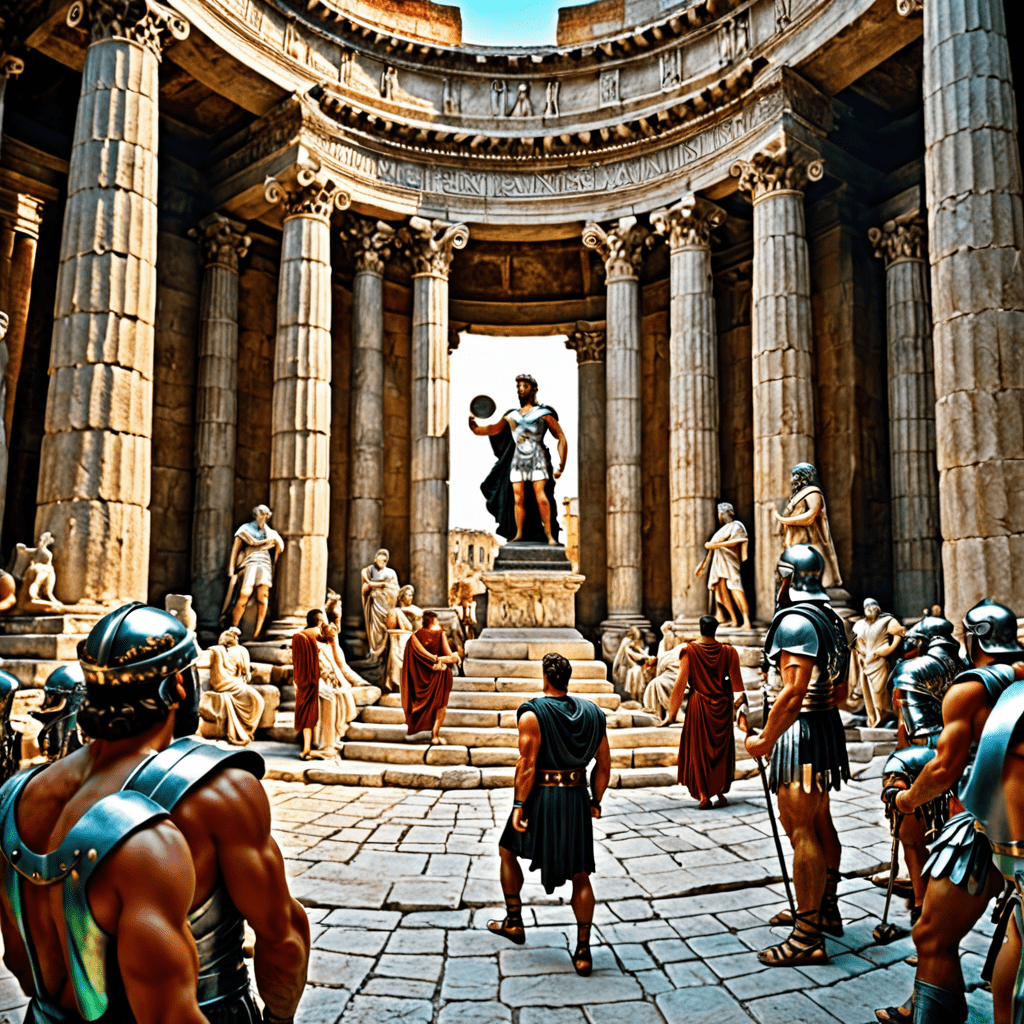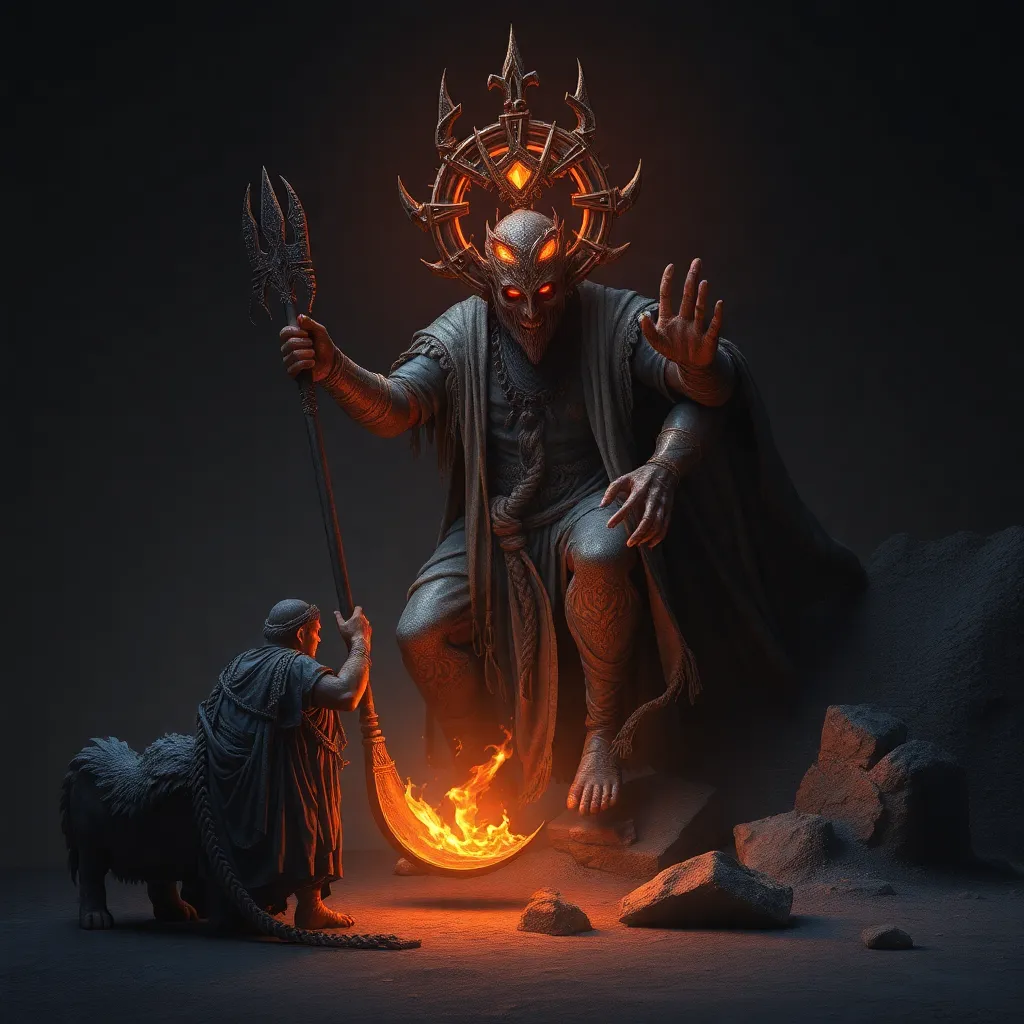Exploring the Concept of Legacy and Heritage in Roman Mythology
The Rich Tradition of Roman Mythology
Roman mythology, with its diverse pantheon of gods and goddesses, plays a significant role in understanding the ancient Roman civilization. As a part of this intricate belief system, the concepts of legacy and heritage are deeply intertwined with the tales of deities, heroes, and legendary figures. Exploring Roman mythology allows us to delve into the values, traditions, and narratives that shaped the Roman society.
The Notion of Legacy within Roman Mythology
In Roman mythology, legacy is a central theme that transcends generations. Deities such as Jupiter, Juno, Venus, and Mars not only governed various aspects of life but also embodied the legacy of the Roman identity. The stories of Romulus and Remus, the founders of Rome, highlight the importance of legacy in Roman folklore, emphasizing the connection between past and present.
Heritage and Lineage in Roman Mythology
The concept of heritage in Roman mythology is deeply rooted in the idea of lineage and ancestry. Mythical beings like Aeneas, the legendary ancestor of the Romans, and the heroes of the Trojan War symbolize noble ancestry and the quest to establish a lasting heritage. These tales provide insight into how Romans viewed their origins and the importance of preserving their lineage.
Legacy and Heritage in Modern Context
Examining the concepts of legacy and heritage in Roman mythology allows us to draw parallels with contemporary society. The notions of preserving cultural heritage, passing down values through generations, and honoring ancestral legacies resonate even in today’s world. By looking back at the rich tapestry of Roman myths, we can reflect on the enduring significance of legacy and heritage in shaping collective identity.
FAQ: Legacy and Heritage in Roman Mythology
What is the significance of legacy and heritage in Roman Mythology?
Legacy and heritage in Roman Mythology play a crucial role in shaping the beliefs, traditions, and ancestral connections of the Roman people. It is through these myths that the Romans passed down their cultural values, legends, and history from generation to generation.
How do Roman myths depict the concept of legacy?
Roman myths often portray the concept of legacy through stories of heroic figures, legendary leaders, and divine lineage. These tales highlight the importance of upholding family honor, carrying on traditions, and leaving a lasting impact for future generations.
What role does heritage play in Roman Mythology?
Heritage in Roman Mythology refers to the inheritance of cultural practices, rituals, and beliefs that are passed down through the ages. It serves as a link between the past, present, and future, connecting individuals to their ancestors and the foundations of Roman society.
How do Roman myths explore the theme of inheritance?
Roman myths frequently delve into the theme of inheritance by showcasing how divine powers, royal bloodlines, and ancestral blessings are transmitted through descendants. These narratives emphasize the responsibilities and privileges that come with inherited legacies.




